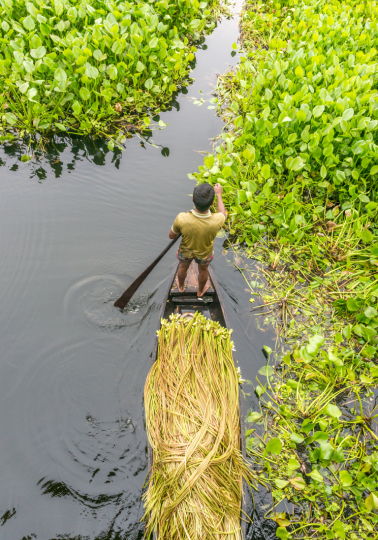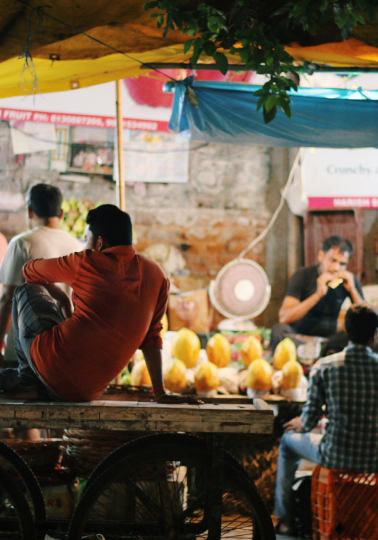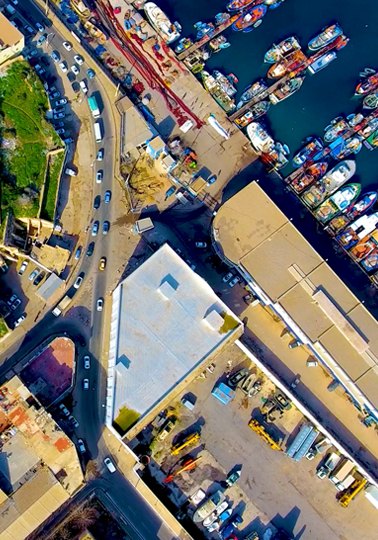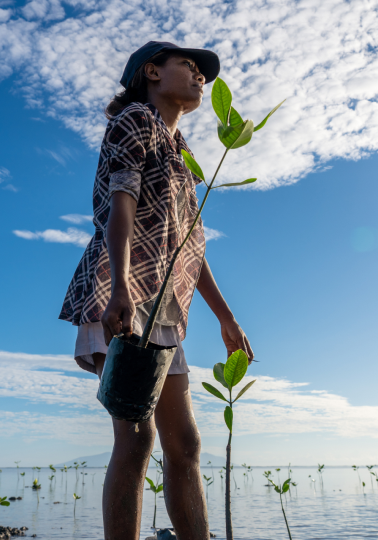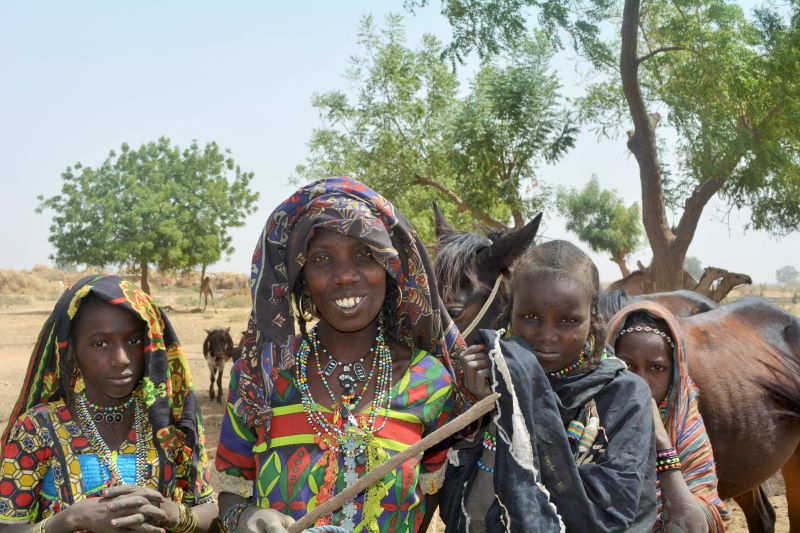How insurance and risk finance can build climate resilience in Africa
This year’s climate summit, COP27, “the African COP”, has brought global focus to a perfect storm in Africa where, the impacts of climate change are being exacerbated by the COVID-19 pandemic and the ongoing war in Ukraine. Africa is more vulnerable than any other continent to this crisis despite contributing the least to global warming.
Millions of people in East Africa are now experiencing the risk of drought after two years of below-average levels of rainfall. According to estimates, seven million Ethiopians, four million Kenyans, and five million South Sudanese people need humanitarian assistance. Fifteen percent of Africa’s gross domestic product could be lost by 2030 due destructive forces of climate change pushing more than Engagement one hundred million people into poverty.
However, current climate adaptation finance flows globally, but especially in Africa, are insufficient to meet the growing needs on the continent. The Global Centre on Adaptation reported this month that 40 African countries have an estimated investment gap of $265 billion to meet their nationally determined contributions adaptation needs totalling $331 billion by 2030. This gap is equivalent to almost 1.5 times the amount of all official development assistance – including loans and debt relief – that was provided in 2021 by the countries of the OECD Development Assistance Committee. Adaptation needs thereby cannot be resourced by governments alone and can only be met through innovative public-private cooperation. Therefore, efforts to combat the causes of climate change must be matched by efforts to deal with its consequences.
In this context, insurance and risk transfer play an important role in building resilience to climate change by ensuring that financial burden caused by disasters does not directly fall on individuals, communities and countries. When a disaster strikes, many citizens and governments must turn to relief aid or even pushed back into poverty by paying the reconstruction and secondary impact costs themselves. We at UNDP’s Insurance and Risk Finance Facility (IRFF) are working with our partners to reduce the risk protection gaps in the continent, focusing on the critical areas of agriculture and food security, urban resilience and health.
In Nigeria, a Tripartite project with the German Government and the Insurance Development Forum leverages parametric insurance to protect 1.7 million poor and vulnerable households – some 8.5 million people – from flooding in Lagos State. The parametric insurance solution is triggered by the magnitude of the flood , as opposed to losses in a traditional indemnity policy, which ensures quick pay-outs towards emergency disaster relief and rapid reconstruction of critical network infrastructure.
Similarly, in Ghana – one of the country's most prone to floods in West Africa – where 70 percent of the population have no access to insurance, UNDP is working with Allianz and Swiss Re to develop a sovereign risk transfer scheme for urban floods, predominantly beneficiating poor and vulnerable residents of Greater Accra, alongside long-term investments in the country’s capacity to leverage and integrate insurance and risk financing into their development and financing strategies.
Beyond these risk financing projects, UNDP’s IRFF will work closely with the governments of Ghana and Nigeria, to make risk management and transfer central to the way in which the country tackles both climate change and development, working on public financial management, insurance market development, and much more.
Similar Tripartite projects are in development with industry partners for Algeria, Egypt, Ethiopia, Madagascar, Mozambique and Tunisia.
In addition to this work, UNDP has developed the Engagement Initiative to work in Least Developed Countries. Here, UNDP will work with government in Comoros, Senegal, and Uganda to build a conducive environment for the development of insurance and risk transfer products that build financial resilience and reduce vulnerabilities to climate, socio-economic, health and disaster risks and shocks. UNDP will work to build government capacity to manage financial risks, and together with national insurance industry partners, reduce barriers that prevent the growth of the insurance and risk finance sector in the country.
UNDP recently launched the report Insurance and telemedicine in Africa: A moonshot in response to COVID-19 showing that 343 million people in sub-Saharan Africa who are without access to health care could get affordable health insurance by leveraging telemedicine.
Last but not least, the IRFF with support from the Africa Adaptation Initiative developed and conducted risk finance training for African decision makers and policy influencers on principles, methods and tools of climate and disaster risk financing to help set up risk-informed strategies on climate adaptation and mitigation .
The financial resilience of the overwhelming majority of people in Africa that are most at risk from the climate emergency hangs on a knife edge. With insurance and risk transfer, we can shore up the socio-economic resilience of vulnerable communities across Africa and beyond. By transferring risk away from families, businesses, and countries. we can significantly contribute to turning the tight in the response to climate change, for a better future of African people and countries..
This blog was drafted with support by Maya Kihiu, IRFF Junior Research Officer

